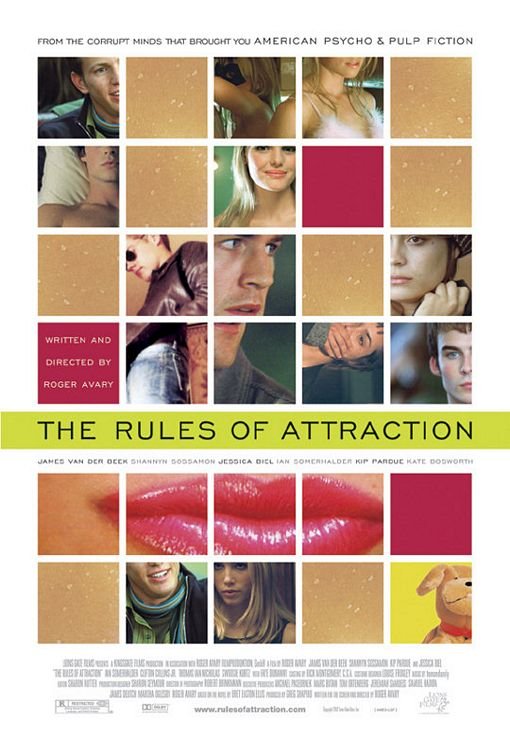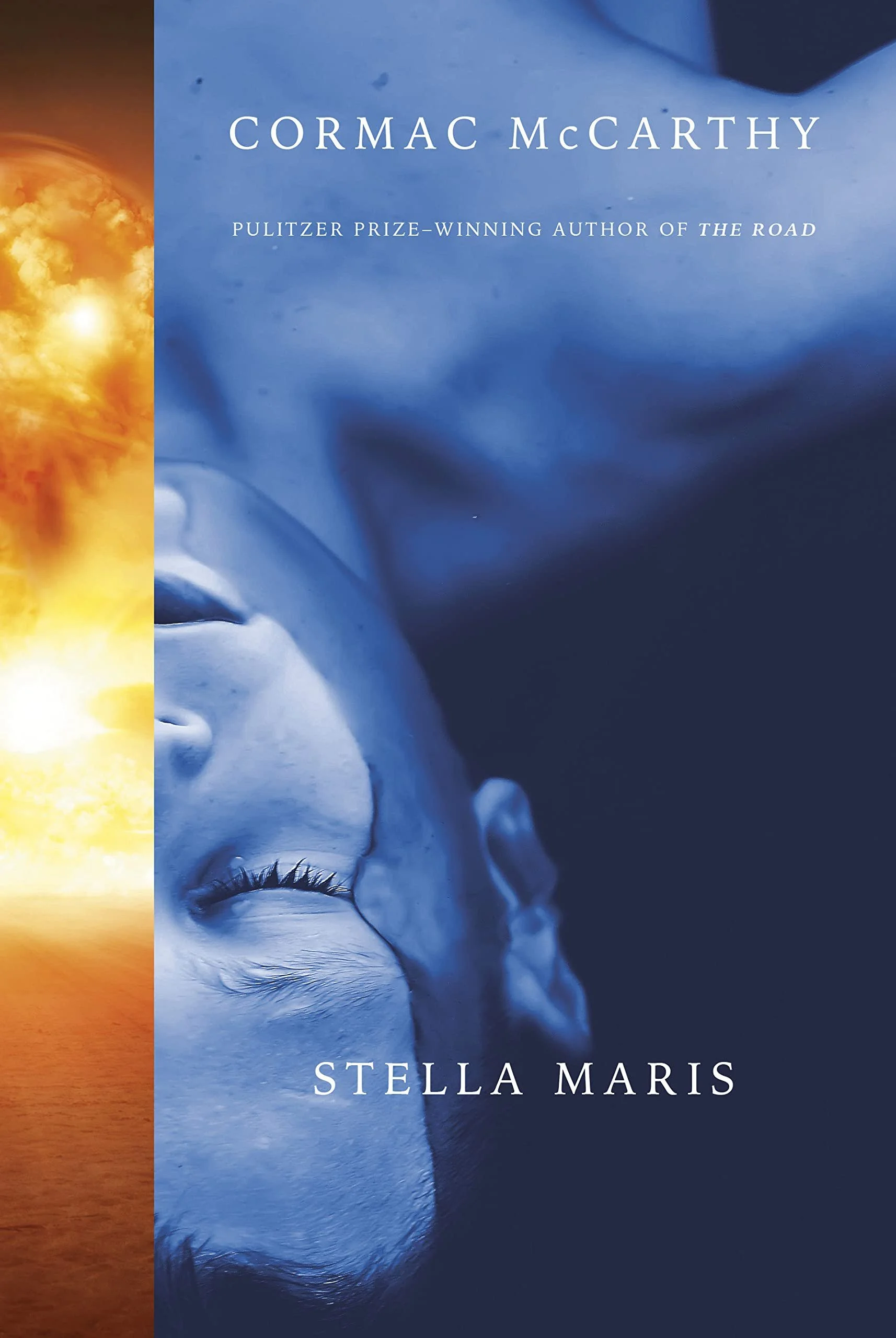Cormac McCarthy has left the building
Somehow, it doesn’t feel proper to say Cormac McCarthy is dead.
Cormac McCarthy has died isn’t quite it either. The cause of his death wasn't even revealed and not even two months ago, it was revealed that he was still working on a film adaptation of his magnum opus Blood Meridian along with his son John Francis and director John Hillcoat. It doesn't quite feel real.
But McCarthy never quite felt real either, didn't he? A focused and discreet man by nature, he kept to himself and let his work do most of the talking. Before the unexpected announcement of The Passenger and Stella Maris in March of last year, we barely even heard of him over the prior sixteen years. The little we've learned about it matched the austere and idiosyncratic nature of his novels: he loved science (studied physics & engineering himself in college), he didn’t drink and didn’t mind living in poverty if it allowed him to write his novels. He also thought Proust and Henry James sucked, which is important.
Nothing about his passing feels real because we still have the novels and the novels are what's important. The novels are what we know and they're what he wanted us to know. How he wanted us to know him. We still have access to them. They're widely distributed in libraries and bookstores. You might have some of them in your home right now. The important part of Cormac McCarthy is still alive and well. It will take years to fade away.
A literary antihero
I believe the work of Cormac McCarthy resonated with entire generations because of its formal and fundamental rejection of literary tradition. He thought writers who didn't deal with matters of life and death were useless. He embraced the American south he lived in and not the one depicted in John Steinbeck and William Faulkner novels. He saw beauty in marginals and interlopers. He made it cool to depict them as literary characters and not just stereotypes that served a narrative purpose.
Also, he didn't look like the classic idea of a writer. That's what he became through the sheer force of his work, but he didn't have the romantic self-destructiveness of Ernest Hemingway or the worldly swagger of Alexandre Dumas or Victor Hugo. Cormac McCarthy was a quiet, introspective and fiercely intelligent man who expressed himself within the confines of a world he created. He was more relatable than any other writer, so that's why he became the idea of what a writer should be like.
His syntax was also renowned for being minimalistic and difficult. He didn’t like commas and replaced them with the word "and" as much as he could. He didn't use semicolons and dialogue attribution. It made the work more demanding, but also created a mythical paradigm that was entirely his own. Cormac McCarthy's novels happened in a reality that could only exist within Cormac McCarthy's novels. It's like reading old papyrus or centuries old engravings in stone. His uniqueness held power.
The violence was another hallmark of Cormac McCarthy's writing. He took interest in themes deemed vulgar or improper and ennobled them with his worldview. Anton Chigurh, the iconic antagonist of No Country for Old Men, was not just a man of violence. He symbolized the permeating fear that coursed through the post-9/11 United States. The Glanton Gang in Blood Meridian embodied American greed. McCarthy saw the forest for the trees. The violence in his book had weight. It meant something.
*
I've read six Cormac McCarthy novels : Outer Dark, Child of God, Blood Meridian, No Country for Old Men, The Passenger and Stella Maris. That's 50% of his writing. I've read the majority of them before the inception of Dead End Follies though, so I'm proud to announce a Cormac McCarthy retrospective starting next month on the site, which will lead us well into 2024. He might've left the building, but his aura is still around us and it's our responsibility to keep it alive for as long as we can.
Thank you for everything, Mr. McCarthy. May your fierceness and freedom live for centuries in the writings of your heirs.







